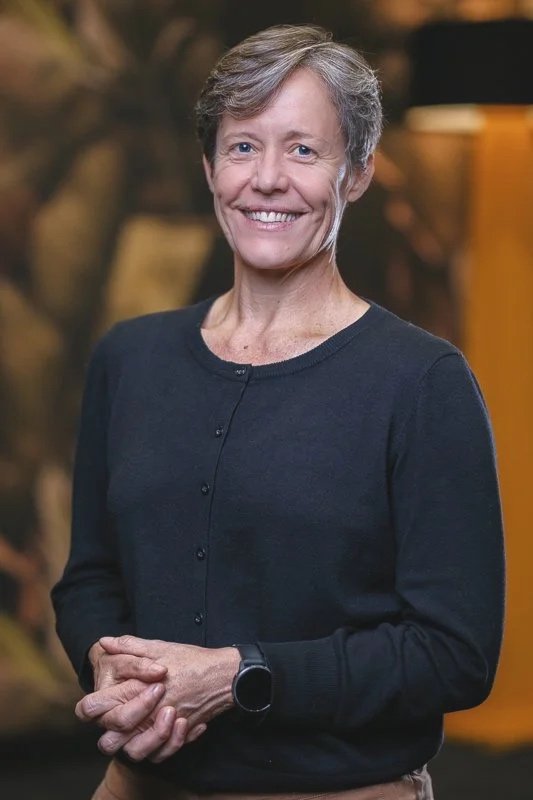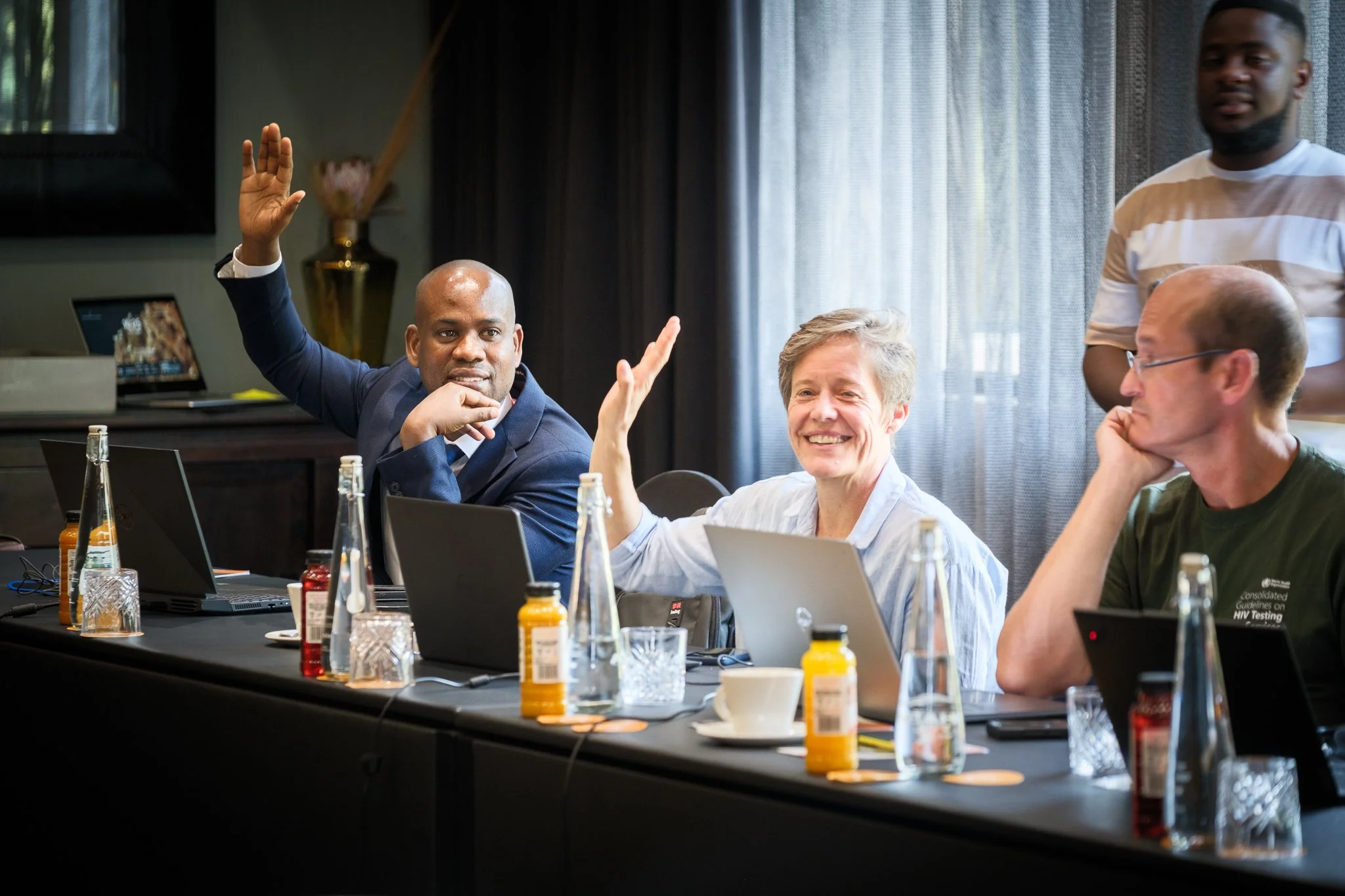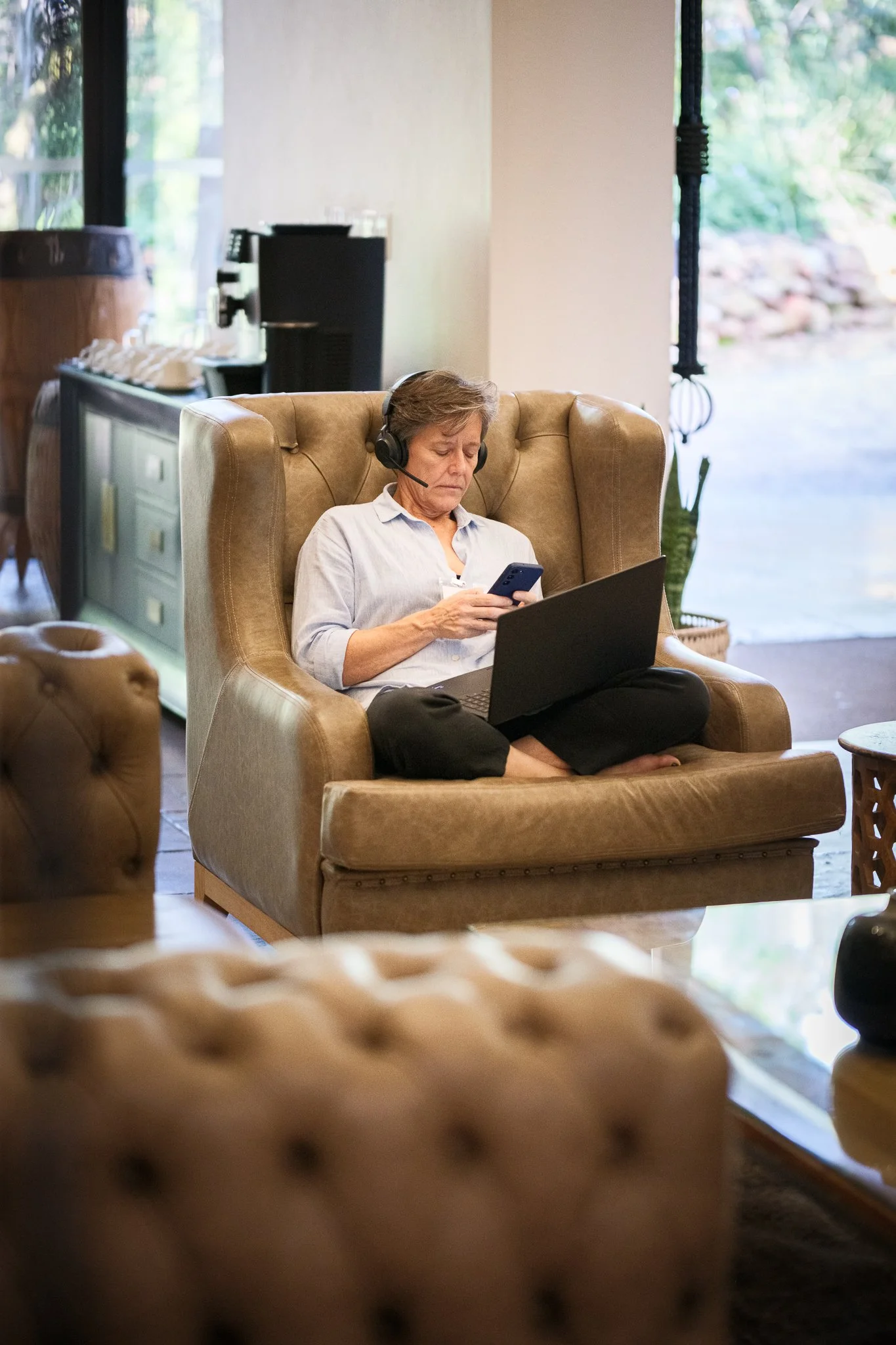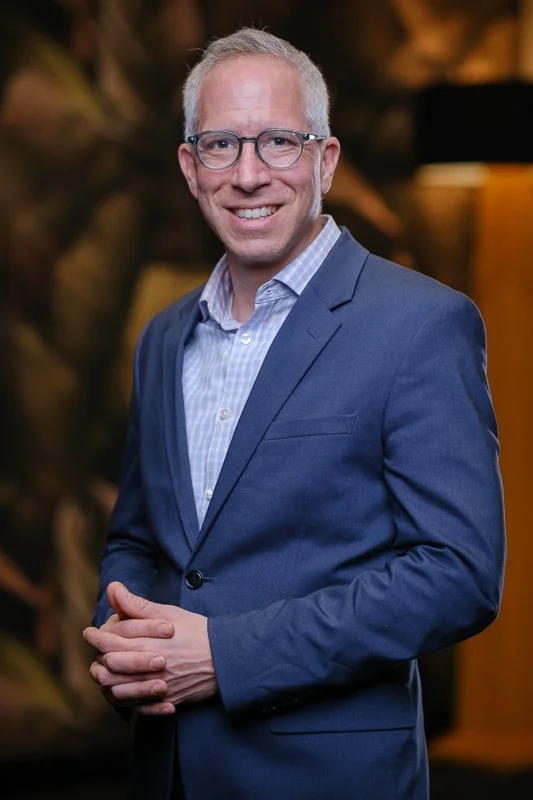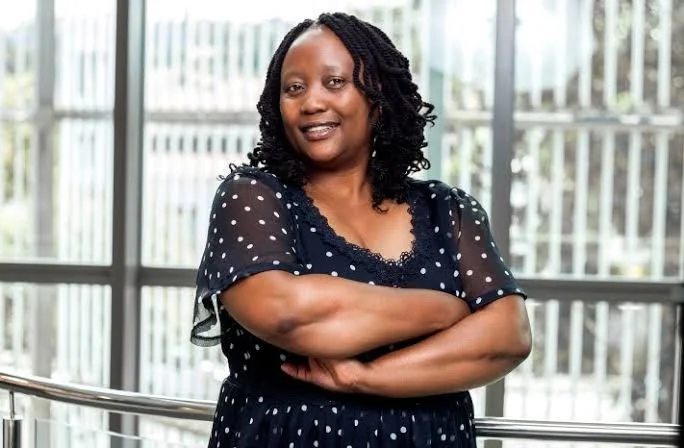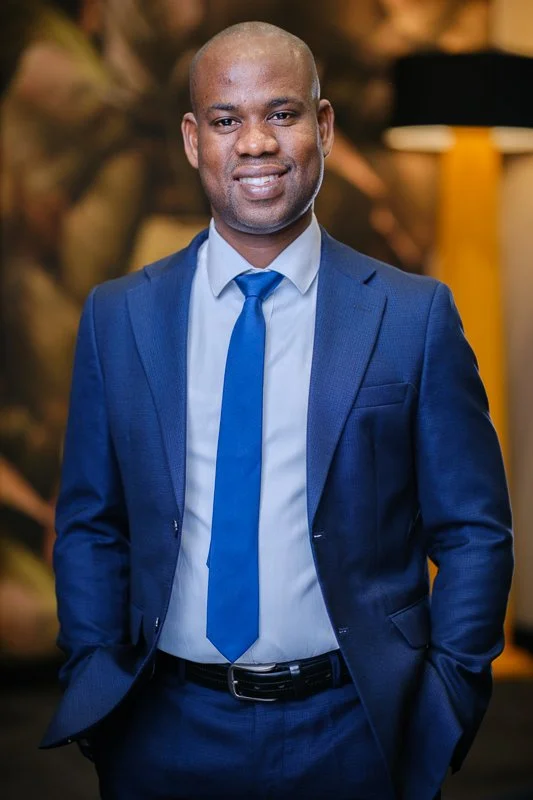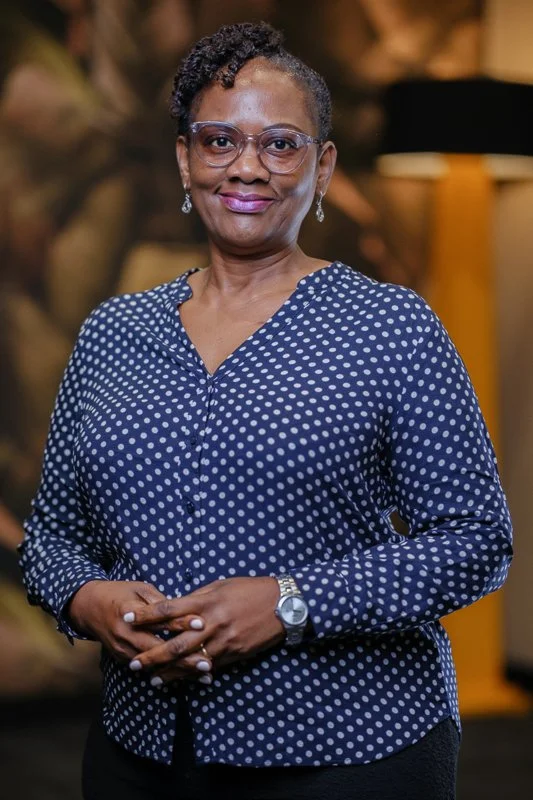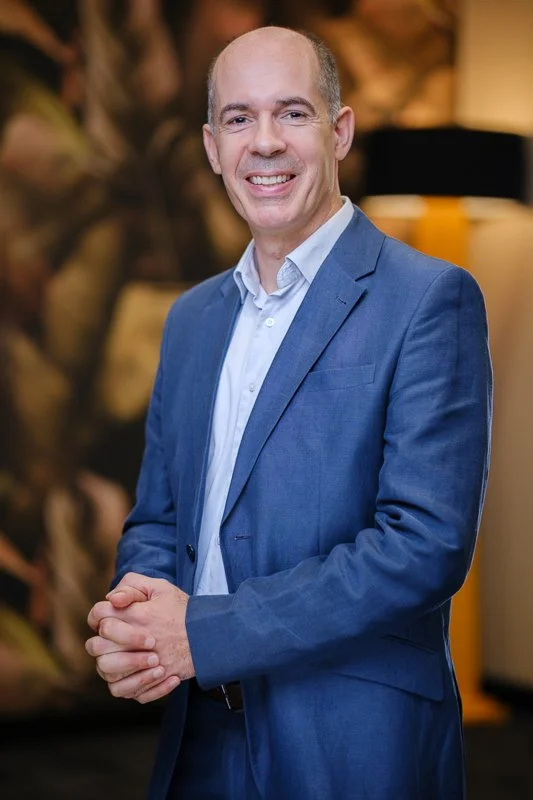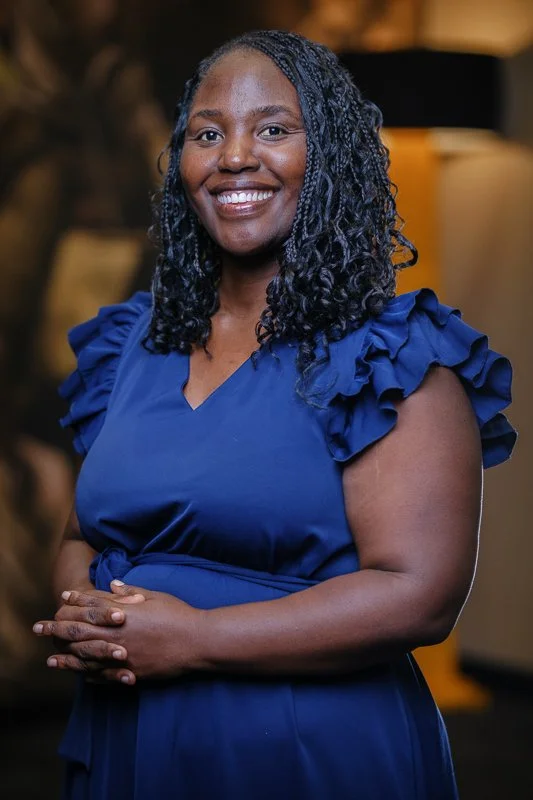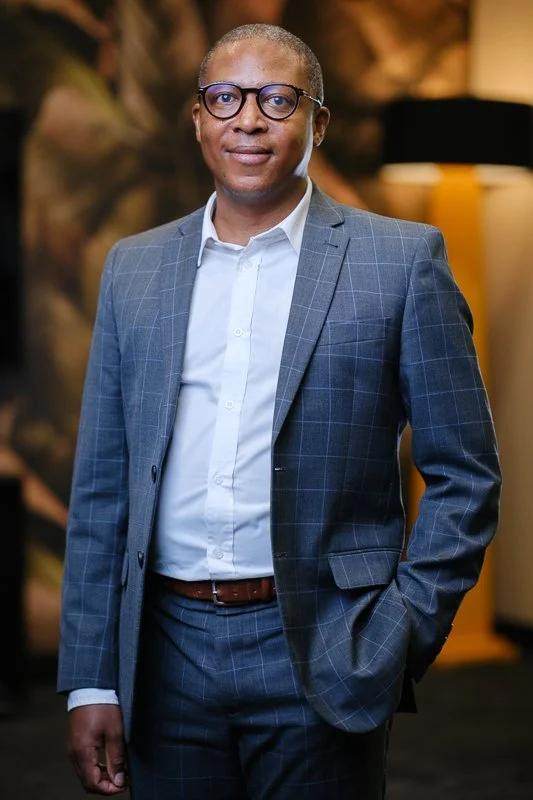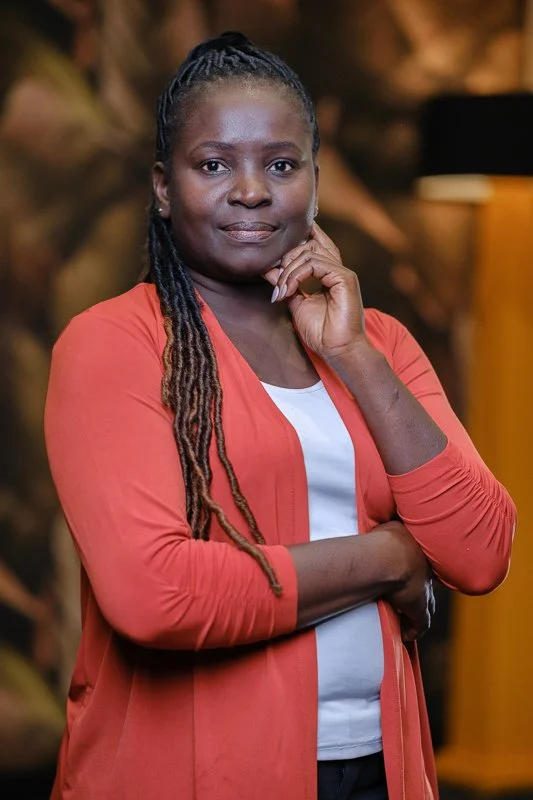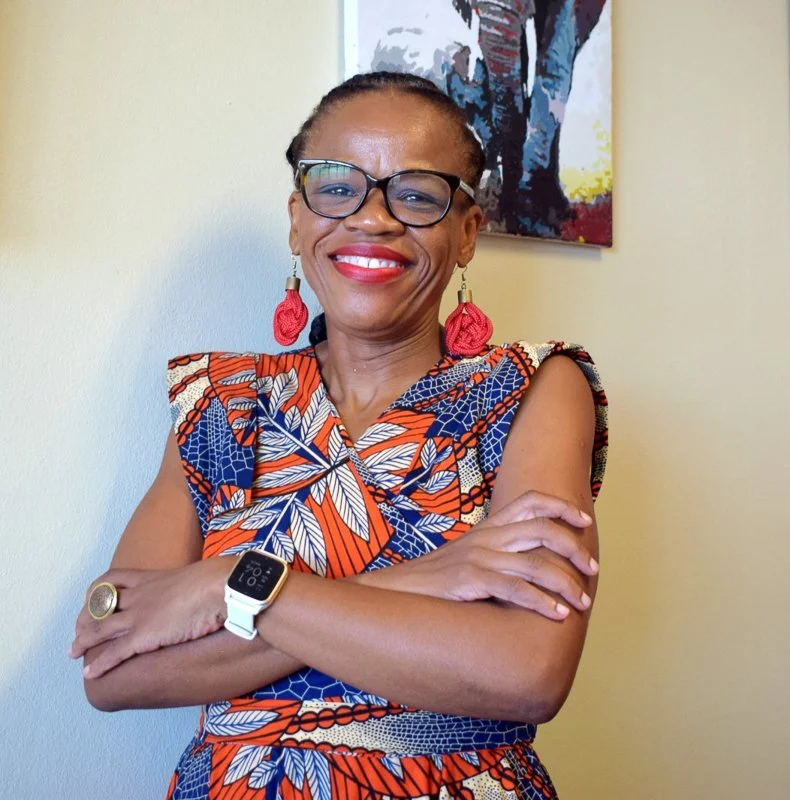June Fabian
Director of Research, University of Witwatersrand
Dr. June Fabian is Director of the Wits Donald Gordon Medical Research Institute, Faculty of Health Sciences, University of the Witwatersrand in Johannesburg. A specialist physician and nephrologist, she became acutely aware early in her career of the critical gaps in local knowledge that compromise patient care. This recognition has shaped her research journey, which began during the height of the HIV epidemic as South Africa transitioned into its national antiretroviral (ART) rollout. She was the first in her setting to document histological profiles of HIV-related kidney disease on ART and contributed to both national treatment guidelines and the KDIGO consensus statement on HIV and kidney disease.
Her doctoral studies broadened her focus to the epidemiology of chronic kidney disease (CKD) in African populations, where prevalence, risk factors, and outcomes remain understudied. Despite widespread ART access, HIV-related kidney disease continues to pose a major risk, compounded by tuberculosis coinfection and endemic conditions such as genitourinary schistosomiasis.
Although considered a new NIH investigator, Dr. Fabian has successfully led multiple projects, managed competitive grant funding, and built extensive collaborations both locally and internationally. Through longitudinal, population-based platforms, she has established well-characterized CKD cohorts and forged strong partnerships with field teams, laboratories, community leaders, and policymakers. Her work is grounded in ethical and equitable research practices and positions her at the forefront of efforts to deliver impactful science that informs care and strengthens health systems across Africa.
What are the major challenges you and your scientific communities have faced in leading African science that responds to the needs of the communities you serve?
“A lot of assumptions are made around what our needs are by high-income settings.
What we need in terms of science and research is undervalued and under-recognised and because of that it’s under-funded.”
How do you think these challenges can be addressed and overcome?
“Creating networks is always powerful because we are better together. This is a way to do that.
If there is a commitment to capacitate multiple sites in Africa, we can advance the agenda with a lot more traction than individual silo-groups trying to do the same things individually.”
What attracted you to the GLISTEN program?
“The chance to do it differently, and the chance to develop something that is pan-African with a much bigger footprint. ”

